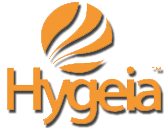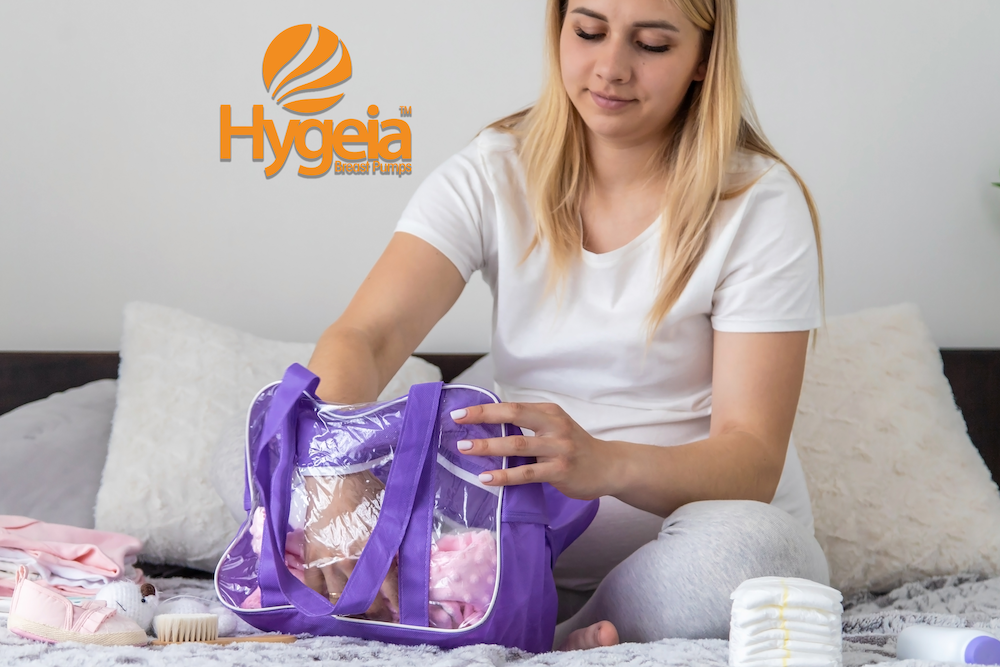Giving birth is a big event and preparing for labor and delivery can feel overwhelming, but packing your hospital bag doesn’t have to be. This hospital bag checklist will help you gather everything you need for a comfortable and smooth experience, so you can focus on welcoming your little one.
For Mom: Comfort and Essentials
First and foremost, pack for yourself. Here is what you should prioritize:
Comfortable Clothing: Pack a few loose-fitting gowns or pajamas for labor and postpartum. Consider something you don’t mind getting messy. A robe and slippers are great for walking around the hospital.
Socks: Technically, this fits with clothing, but it’s important enough for its own bullet item. Hospitals can be chilly, so bring a few pairs of warm socks.
Toiletries: Bring travel-sized toiletries like shampoo, conditioner, toothpaste, a toothbrush, and deodorant. Some hospitals provide these, but having your own familiar brands can be comforting.
Personal Care Items: Don’t forget essentials like your glasses or contacts case, lip balm (hospital air can be dry!), hair ties, and any medications you regularly take.
Pillow: Your own pillow can make a big difference in comfort. Label it clearly so it doesn’t get mixed up with hospital linens.
Snacks: Labor can be long, and you might want snacks for yourself (check hospital policy on food during labor). Pack healthy options like granola bars, dried fruit, or nuts. After delivery, snacks will be helpful as well.
Phone and Charger: Capture those precious first moments and stay in touch with loved ones.
Going-Home Outfit: Choose something comfortable and loose-fitting. Remember, you’ll still have a postpartum belly.
Postpartum Essentials: The hospital will likely provide some postpartum supplies, but you might want to bring your own, like extra-long pads and a peri bottle.
For Breastfeeding
If you plan to breastfeed, you’ll want to be prepared with all the goods in case the hospital cant supply them.
Breast pump: Bringing your breast pump to the hospital can be helpful even if you don’t intend to pump right away. This allows you to get familiar with it and ask the hospital’s lactation consultant any questions about it while there. A pump can also be helpful in establishing your milk supply.
Nursing bra: A supportive and comfortable nursing bra is essential. Pack a couple, as they can get messy.
Nursing pads: Leaking is common, especially in the early days. Nursing pads will keep you dry and comfortable.
Nipple cream: In case of cracked, sore or dry nipples, nipple cream is a must-have. It can provide relief and promote healing. Lanolin-based creams are a popular choice.
Lactation consultant information: Have the contact information for a lactation consultant readily available in case you need support. Your hospital may also have them on staff.
For Baby: Comfort Items
While a mother can provide all newborn truly needs, there are a few additional items that can bring him or her comfort.
Onesies: Pack a few onesies in different sizes (newborn and 0-3 months). No matter how the baby is measuring pre-birth, he or she could be any size and you want to be ready.
Socks or Booties: Keep those tiny feet warm.
Hats or mittens: While the hats are for warmth, the mittens are for safety. Believe it or not, baby fingernails can turn dangerous quickly, so the protection from scratches will be appreciated.
Swaddles or Blankets: Bring a soft blanket for swaddling and a receiving blanket for the trip home.
Going-Home Outfit: Choose something cute and comfortable for your baby’s first journey home.
Car Seat: This is essential for safely transporting your baby home. Make sure it’s properly installed in your car.
Optional items:
You don’t want to overpack, but here are some items to consider bringing to make your stay more relaxed.
Entertainment: Books, magazines, or a tablet can help pass the time during labor. It’s better to have them and not need them, rather than finding yourself in need of a distraction.
Music: Create a playlist of calming or uplifting music. You might have a playlist for labor and another for rocking and cuddling your baby after delivery.
Essential Oils: If you use essential oils, check with the hospital about their policies, especially before using a diffuser.
Small Gift for Siblings: If you have other children, a small gift for them can make them feel included when they come to meet their new baby brother or sister.
Thank You’s: Consider pre-writing thank you notes for the hospital staff. Another idea is to bring a snack or treat to leave at their circulation desk as another way of saying thank you for their support during this special time.
Tips for Packing Your Hospital Bag:
Here are a few additional tips to keep top of mind while packing.
Pack early: Aim to have your bag packed by 36 weeks of pregnancy. It can’t hurt to be prepared.
Use a smaller bag: This will prevent you from overpacking.
Organize your bag: Use smaller bags or pouches to separate items. Keep in mind that someone else (your partner, parent, or a nurse) could be the one going through your bag to get items you need. This will making finding the right thing easier.
Keep essentials accessible: Place items you’ll need during labor in an easily accessible spot.
Hygeia is here to support you:
At Hygeia Health, we believe every mom deserves access to a high-quality breast pump and we’re committed to supporting breastfeeding journeys. A reliable breast pump can make a huge difference in your breastfeeding experience, so we help moms get a 100% insurance-covered breast pump. Don’t miss out on this opportunity to make your breastfeeding journey smoother and more successful.
Packing your hospital bag is an exciting step in preparing for your baby’s arrival. With this checklist and a little planning, you’ll be ready for anything!

